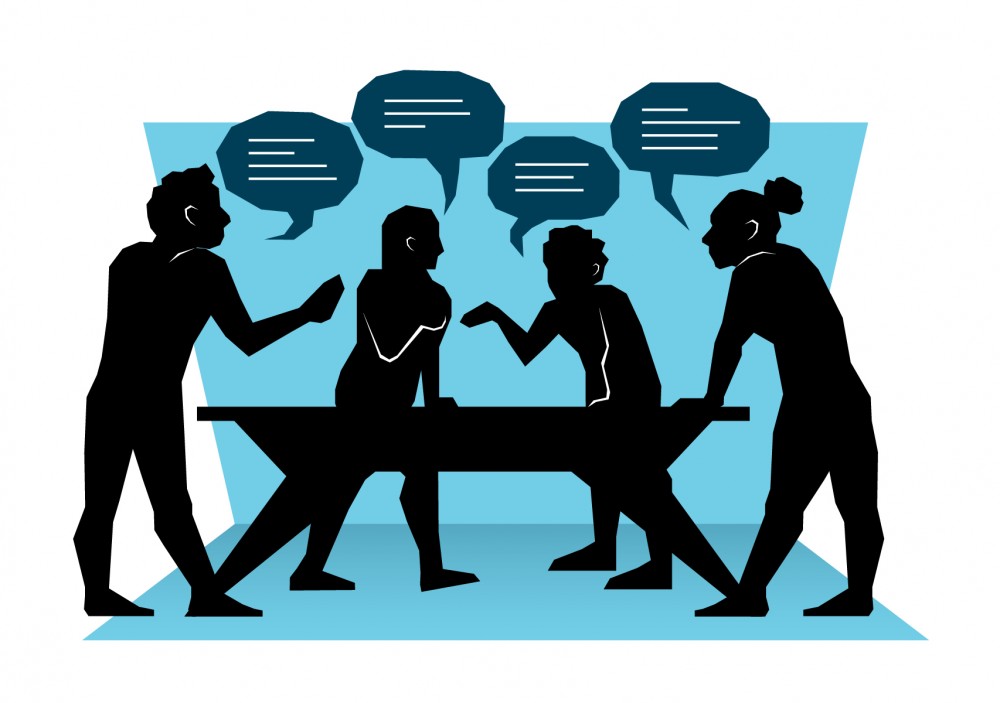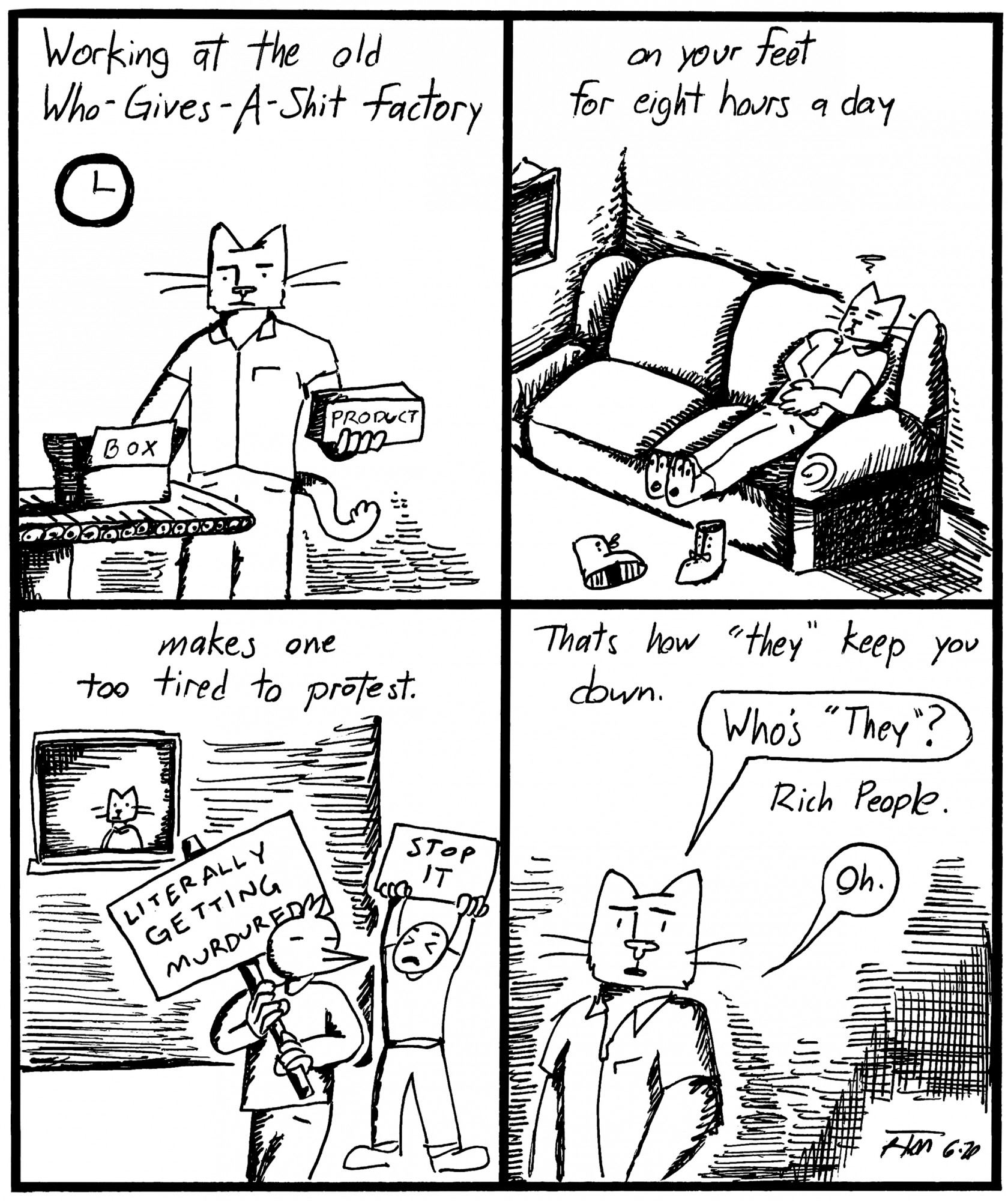With the rise of the app Tik-Tok in our culture, every download comes with numerous videos of people lip-syncing to Mariah Carey and dancing to “Renegade.” But what’s spicing up people’s feed? Sex-ed and nicotine talk. Medical professionals have taken to the social media platform to share their quirky takes on vital health information.
One of the top Tik-Tokers in the medical field is the University of Minnesota’s very own, Dr. Rose Marie Leslie (@drleslie). A second-year resident doctor in family medicine, Dr. Leslie started making medically-motivated Tik-Toks in May of 2019. Her past experience working in health education, specifically with teenagers, has equipped her to tailor her online content to a more vulnerable demographic. “I think that teens are eager to learn about their health and it’s intimidating to go to a doctor,” Leslie tells the Daily’s Editorial Board.
Her content is centered around debunking health misconceptions, normalizing medical procedures and raising awareness of alarming health statistics. Leslie’s “Daily Doctor Fact” videos answer and provide insight on day-to-day health questions while providing a more humanized look at health professionals. In the end, Dr. Leslie’s goal in making these 60-second videos has been “to create a space for teens to feel comfortable and learn more from evidence-based practices.”
There is a significant lack of sexual health education with American youth. In 2017, the Center for Disease Control’s National Youth Risk Behavior Survey found that 21 percent of all new HIV cases were among young people aged 13-24. It also found that 210,000 babies were born to girls aged 15-19 in 2016.
However, not all who use the app to spread medical content have the same objective in mind. A user known as Nurse Holly (@nursehollyofficial) made a video about abstinence-only education in regards to preventing sexually transmitted diseases. This video received a lot of pushback from both the Tik-Tok and medical professional community, as research has shown this type of education leaves teens uneducated and unprotected.
Some question whether or not learning from a platform, where anyone can post, is a reliable source of information. This inquiry, although valid, raises the same question for anything posted on the internet. When it comes to health education, we should trust the doctors and other medical professionals who have been to medical school and have experience in the practice. The information may just be delivered to us with Juice WRLD playing in the background.
Researchers have not conducted a study that shows a viral video decreases the numbers of teens and young adults affected by STDs or teen pregnancy. However, if a medical professional was able to reach those who did not have access to health insurance to discuss proper prevention education or provide information on various forms of birth control, the health and well-being of youth and young adults today might have been made easier.
Dr. Leslie said that she has learned a lot about communicating to engage in conversations to facilitate growth and learning. Our time for learning is never over and we should be open to understanding emerging data and differing perspectives. It allows us to grow. We must never think that our time for learning is over. Being open to emerging data and differing perspectives is what allows us to grow. Learning about health education through an app on your phone may seem unconventional, but it helps to break the stigma around asking the weird yet important health questions in our generation.















